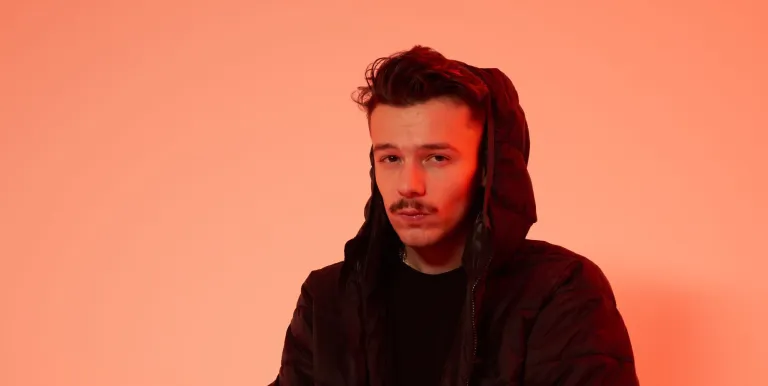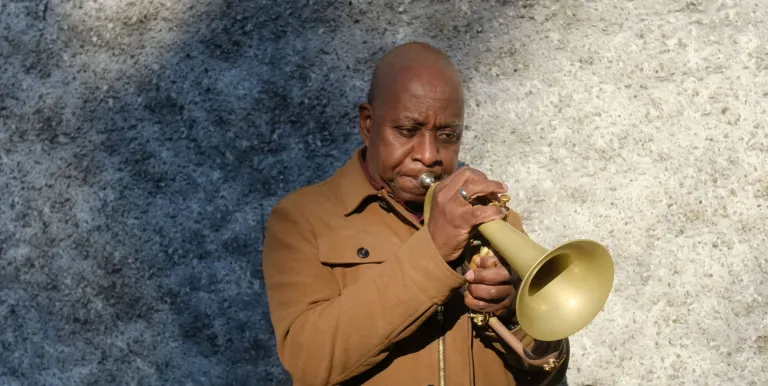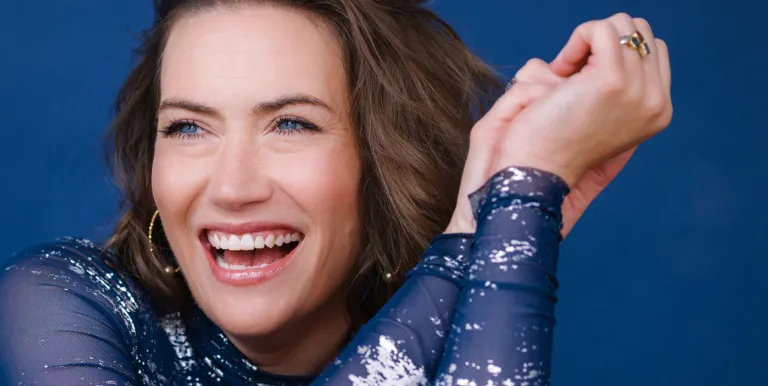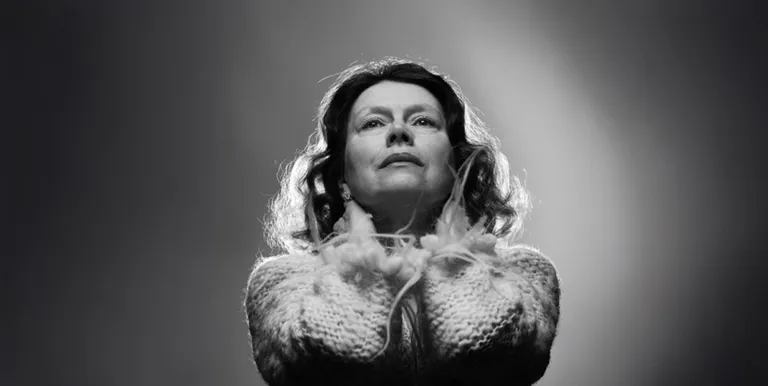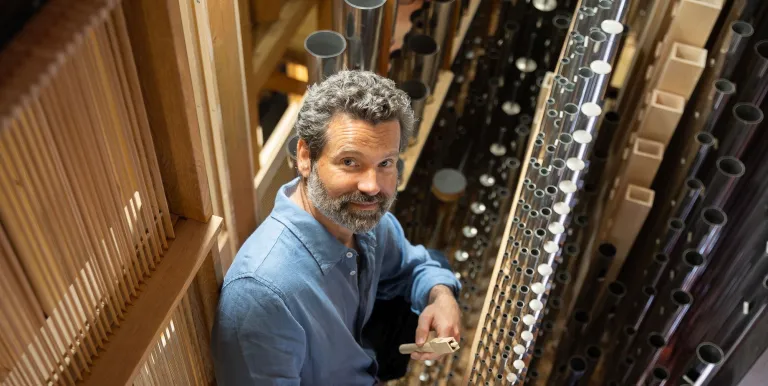Featuring:
Tchaikovsky
Slyozi (Tears) (Tyutchev), op. 46, No. 3
Tchaikovsky
Unosi moyo serdtse (Take my heart away) (Fet)
Tchaikovsky
Ya tebe nichevo ne skazhu (I don't tell you anything) (Fet), op. 60, No. 2
Tchaikovsky
Na nivi zhyoltiye (On the golden cornfields) (Tolstoy), op. 57, No. 2
Tchaikovsky
Otchevo? (Why?) (Heine), op. 6, No. 5
Tchaikovsky
Hotel by v edinoe slovo (I should like in a single word…) (Heine)
Tchaikovsky
Zabyt' tak skoro (To forget so soon) (Apukhtin)
Tchaikovsky
Kaby znala ya, kaby vedala (If only I had known) (Tolstoy), op. 47, No. 1
Tchaikovsky
Pesn' Zemfiri (Zemfira’s song) (Pushkin)
Tchaikovsky
Rassvet (Dawn) (Surikov), op. 46, No. 6
Tchaikovsky
V ogorode, vozle brodu (In the garden, near the ford) (Surikov), op. 46, No. 4
Tchaikovsky
Ni slova, o drog moi (Not a word, my friend) (Pleshcheyev), op. 6, No. 2
Tchaikovsky
Ya li v pole da ne travushka bila? (Was I not a blade of grass?) (Surikov), op. 47
Tchaikovsky
O, yesli b ty mogla (O, if only you could) (Tolstoy), op. 38, No. 4
Tchaikovsky
Nochi bezumnie (Wild nights) (Apukhtin), op. 60, No. 6
Tchaikovsky
Serenada Don Zhuana (Don Juan’s serenade) (Tolstoy), op. 38, No. 1
Tchaikovsky
Pesn' Cyganki (The gypsy song) (Polonsky), op. 60, No. 7
Tchaikovsky
To bylo ranneyu vesnoy (It happened early in spring) (Tolstoy), op. 38, No. 2
Tchaikovsky
Den' Li Carit (Whether day comes) (Apukhtin), op. 47, No. 6
Tchaikovsky
Minula Strast' (The passion has passed) (Tolstoy), op. 46, No. 5
Tchaikovsky is one of the most popular composers of all time and many of his works are familiar fixtures on concert programmes. However, his songs do not belong in this category, even though they number more than 100. Just as in his symphonies and ballets, Tchaikovsky’s songs reveal a unique blend of western European and Russian traditions, taking the legacy of Glinka, Schubert and Schumann as their initial inspiration. In his romantic love songs written in the first person, he employs the piano as an instrument capable of expressing emotions in music better than any words could. We now have the chance to hear these beautiful songs interpreted by outstanding artists. Given that this is largely unfamiliar territory, they will be joined by an expert guide to throw some light on the background to these captivating works. Armenian soprano Karine Babajanyan’s journey has been long indeed since her years of study in Yerevan as she has received a succession of invitations to perform in German opera houses. Bernadett Wiedemann is one of Hungary’s leading mezzo-sopranos, an outstanding talent as adept at performing songs as she is on the opera stage. Vladimir Baykov is primarily known for playing the great bass roles of the Russian opera repertoire, among them the title role in a production of Boris Godunov in Brussels. This group of artists demonstrates their familiarity with the Russian vocal style in the company of Emese Virág, a pianist known for her almost exclusive commitment to accompanying evenings of songs and arias.
Presented by: Müpa Budapest
-
We wish to inform you that in the event that Müpa Budapest's underground garage and outdoor car park are operating at full capacity, it is advisable to plan for increased waiting times when you arrive. In order to avoid this, we recommend that you depart for our events in time, so that you you can find the ideal parking spot quickly and smoothly and arrive for our performance in comfort. The Müpa Budapest underground garage gates will be operated by an automatic number plate recognition system. Parking is free of charge for visitors with tickets to any of our paid performances on that given day. The detailed parking policy of Müpa Budapest is available here.




